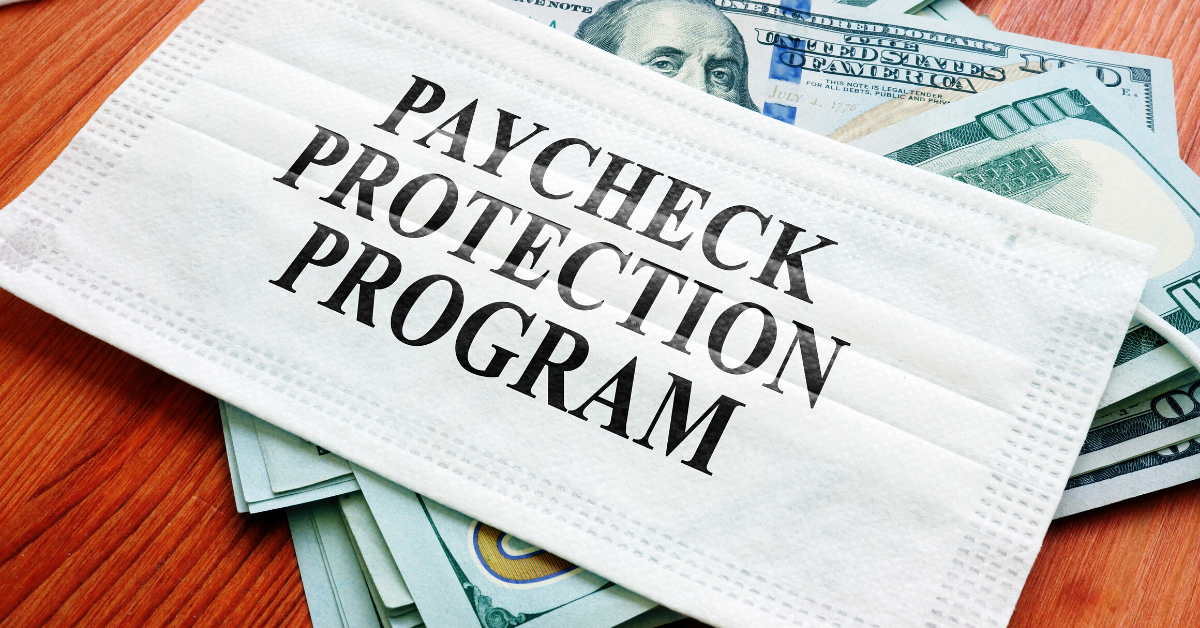
December 7, 2020
Late into calendar year of 2020, one that none of us will soon forget, the IRS issued additional guidance on the deductibility of expenses paid with proceeds from PPP loans. Under Revenue Ruling 2020-27 the IRS states that expenses covered by PPP loan proceeds, whether paid or incurred, are not deductible if the taxpayer reasonably expects the loan to be forgiven.
Understanding the language used in IRS guidance is always imperative and this is no different. The ruling makes very clear that a taxpayer can make a reasonable expectation based on facts available. It should also be noted that the timing of the loan forgiveness application being approved does not impact the deductibility of expenses. For example: A taxpayer receives PPP loan proceeds for which all are used to fund payroll and operating expenses for the year ending 2020. The taxpayer did not apply for loan forgiveness prior to the end of the tax year, though did satisfy all other requirements for forgiveness of the loan. If the taxpayer expects to apply for forgiveness in 2021, then the taxpayer has satisfied the reasonable expectation and therefore may not deduct the expenses paid with loan proceeds.
You may be asking yourself what happens when the reasonable expectation is wrong. If 2020 has taught us anything, it’s that we should always leave room for the unexpected. In addition to Revenue Ruling 2020-27, the IRS also issued Revenue Procedure 2020-51 which spells out a few ‘safe harbor’ rules for this type of situation. Under the safe harbor guidelines, the taxpayer may deduct the expenses on a timely filed original (including valid extension) or amended return for 2020. Under Safe Harbor #2 the expenses are deductible in the subsequent year. The guidelines are as follows:
Safe Harbor #1:
Safe Harbor #2:
As with all new legislation, the rules and application of the law is subject to change as time goes on. If you need assistance in determining if your expenses are deductible or if you should apply for loan forgiveness, please contact our office.